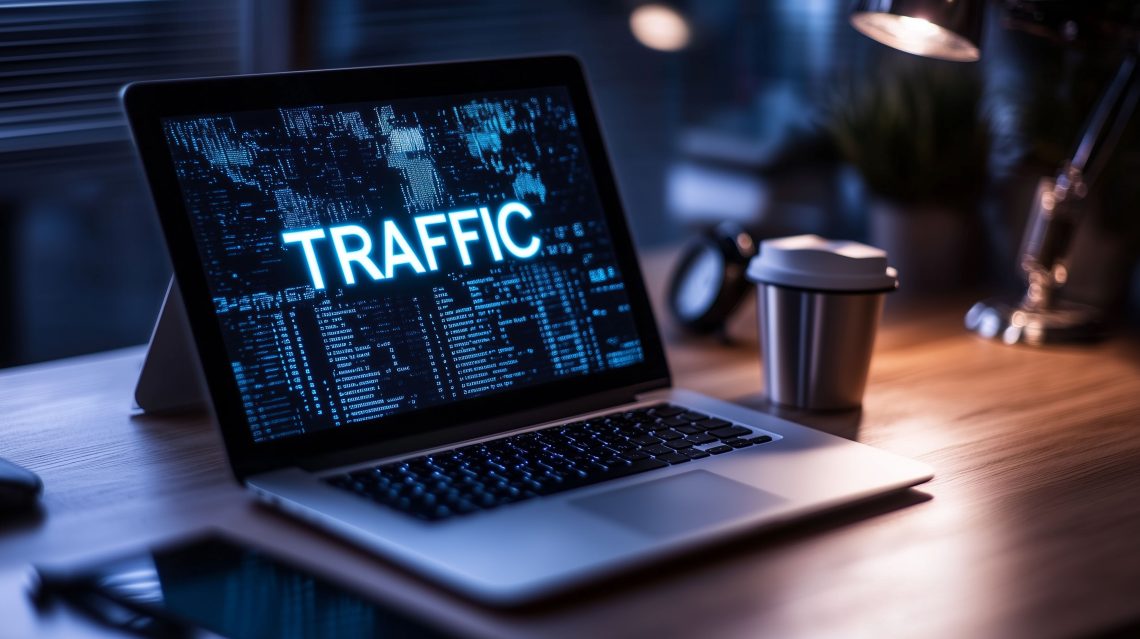Five Common Mistakes Businesses Make with Paid Search Campaigns

Paid search is a great way to target, with very specific criteria, your target market to get more business. With a Pay Per Click campaign you get immediate visibility to a targeted audience and you have complete control of your budget. In addition, you can track every action in order to understand your return on […]
Did You Know? Digital Marketing Insights for Business Owners and Marketing Leaders

Digital marketing can feel like a whirlwind of acronyms, platforms, and ever-changing algorithms. Whether you’re a seasoned business owner or someone managing a marketing strategy, staying informed about lesser-known aspects of digital marketing can make a big difference. Let’s look at some surprising facts and figures that could reshape your approach to digital marketing. 1.Search […]
The Three Factors Needed to Make Your Website Work for You

What if you already have the right people coming to your website and simply aren’t giving them the right information to convert them into customers? When optimizing a website for conversions, the primary goal is to guide visitors toward taking specific actions, such as filling out a form, making a purchase, or contacting you. Here […]
The Digital Marketing Strategies Every Business Owner Should Know

Last week I opened my mailbox and saw a blast from the past. It’s a phone book. An honest to god phone book. Well actually it is just the yellow pages. But still, I am fascinated. Businesses still pay to have ads in the yellow pages in 2024. This is a shotgun approach to marketing […]
The Art Of Digital Marketing Is Science

There are a lot of artists out there. They love to create beautiful campaigns that look and feel marvelous. Sometimes you will see a post or part of a campaign that makes you laugh out loud. That too is a good part of the art. A picture is indeed worth a 1000 words and some […]
The Road Ahead: Reopening
It doesn’t matter whether you are chomping at the bit to reopen or wish the government would keep things shut down until it is deemed safe, people are getting anxious. Even those wanting to stay in are getting cabin fever. It is spring. The weather is getting nicer. People ARE going out. And every day […]
Privacy vs. Business Intelligence
Here are some things any web site can find out about the visitor: Data points I can know about you: Your IP address Your physical location Your computer name Your operating system Your browser Your screen size Your device (if mobile) Potentially your phone number (if mobile) How you got to my site (from search? […]
Managed Web Hosting
EduCyber offers something called managed web hosting but we have a unique way of handling it. Whereas other firms offering this service automate, automate, automate; we take the time to look at your site. We log in and make sure that your plugins are up-to-date. We update plugins and core files to make sure your […]
What is a Near Me Search and Why Should I Care?
You have all seen it. It is an integral part of search these days. You are out and about. You decide to look for a good place for lunch. Searching for “restaurants” works but if you want to be clear with your search, you can say “restaurants near me” and up comes the list. This […]
Custom Point of Sale Software
Is your retail business growing? Are you trying to better manage your inventory? Looking for a seamless way to integrate your processes to save time and money in managing your business? R.I.S.E. might be the right custom Point of Sale software for you. Retail: Handles all your needs at the point of sale – checkout, […]
